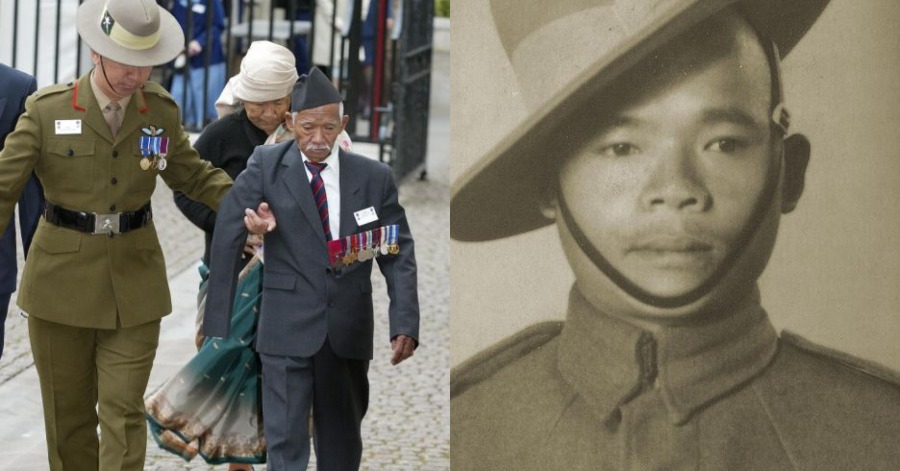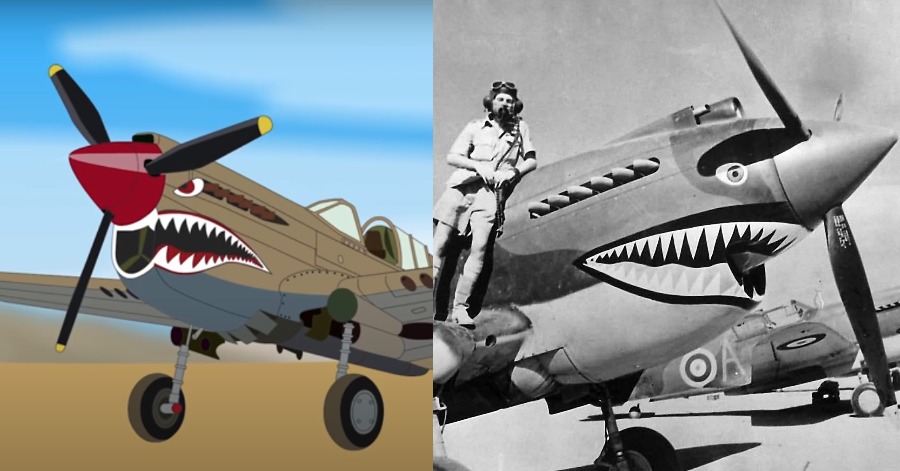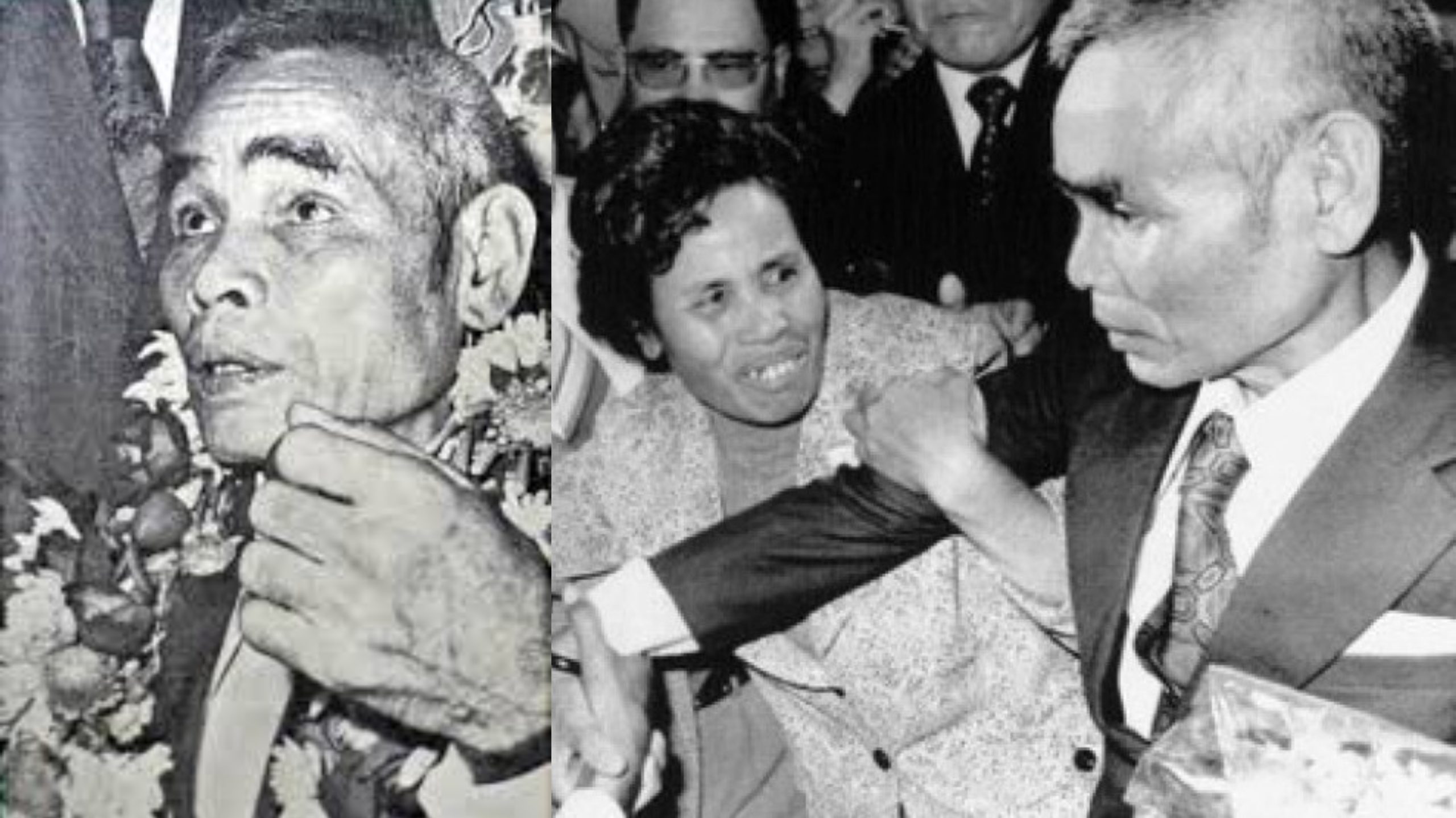Heroes are not born, they are made. Hero isn’t about having superpowers or the ability to do something big. Sometimes, heroism comes from the least expected way. Many people become a hero today due to fame, money, and title but some, do it because they really see something else. We have heroes around us almost every day, policemen, firemen, doctors, teachers, navy, army, and even the smallest deeds we do to help people, that is considered heroism.
There are thousands of stories in history and present that show all sorts of heroism, from protecting the country to the community. This story, however, seems to be a little more interesting.
If you must know, Gurkhas’ martial history, training, and dominant warrior spirit mean they’ll do things in a fight that even the most seasoned combat veterans wouldn’t think of. Gurkhas will be outmanned and outgunned in battle. They maintain their positions in the face of overwhelming odds and frequently emerge victoriously.

One of these tales of Gurkha’s bravery comes from Lachhiman Gurung in Burma, who was caught off guard when Japanese forces opened fire on him and his comrades, hurling grenades into their trench. Two of the grenades were picked up by Gurung and thrown back to the 200 Japanese men waiting in the darkness.
In December 1917, Lachhiman Gurung was born in a tiny hamlet in Nepal. Gurung’s father allegedly sent the young guy out to buy smokes at the village shop one day in 1940, according to legend. The cigarettes were never delivered to him. Gurung ultimately returned five years later, blind in one eye and without his right hand, according to the tale. Gurung allegedly visited a buddy in the area who informed him that he was joining the British army. The British needed to recruit quickly in order to prepare for the impending conflict. Pearl Harbor would be attacked in a year, and the Japanese would make a fast push throughout Asia.
During that time, to join the army, you must be at least five feet tall, and Gurung was just shy of that. He would have been rejected as a candidate under normal circumstances, but surprisingly, with the war in the East looming, the British leadership admitted him into the Gurkha Rifles regiment.
How did he single-handedly fight?
To fight a war is never a playful matter and that too fighting alone. But what was Gurung’s secret?
Gurung and two other guys were assigned to the platoon’s most advanced position on a tiny hill. It was late at night when they were surprised by up to 200 Japanese troops. A grenade was thrown towards Gurung, but he was able to deflect it before it exploded. When another dropped into the ditch, he pushed it back with his foot. Then there was a third. Gurung rushed for it, but the gadget blew up in his face. His comrades suffered serious injuries. Gurung suffered serious injuries in the attack, including bleeding, blindness in one eye, a broken arm, and severed fingers.
Being at this point, many would have given up but not Gurung. With only one good hand, he fired and reloaded the bolt-action rifle. As Gurung screamed, “Come and fight a Gurkha!” wave after wave of Japanese attackers were repulsed. The fight with Gurung lasted another four hours. Gurung’s survival in the midst of the constant battle is unknown. However, his valor in the face of overwhelming odds inspired the remainder of the squad until reinforcements came.

Gurung not only survived the battle, killed 31 out of 87 Japanese soldiers by himself but in December 1945, Gurung was awarded the Victoria Cross at an Indian ceremony. In the British armed services, it is the highest honor for courage and bravery. Gurung was one of 13 Gurkhas to be honored in this way. Unlike most soldiers who would retire after this great achievement, Gurung , on the other hand, remained in the British army till India overthrew the British yoke in 1947. He joined the Indian Army and served for a brief period before resigning from the service. Then Gurung returned home. He married twice and continued to cultivate his father’s Nepalese property.
So what’s life for Gurung after military service?

Lachhiman Gurung fought for Gurkha veterans for the remainder of his life. He frequently traveled to the United Kingdom in the support of veteran issues, always proudly displaying his Victoria Cross at public events. Gurung championed the right of Gurkha military veterans and their families to reside in the United Kingdom. Eventually, the effort was successful. Gurung himself relocated to London in 2008, where he remained till his death in 2010 at the age of 93.
A huge story isn’t it. For someone who dedicated his entire life to serving the country. Despite the difficulties he went through, what Gurung portray was courage and loyalty. Take this story today as an inspiration. You don’t have to join the military to become a hero. Even the smallest act you today, can make you a hero!









Leave a Comment